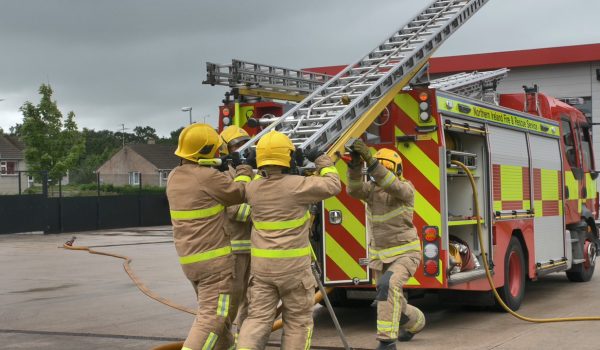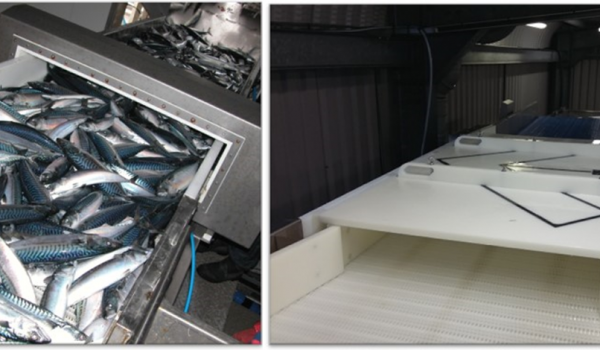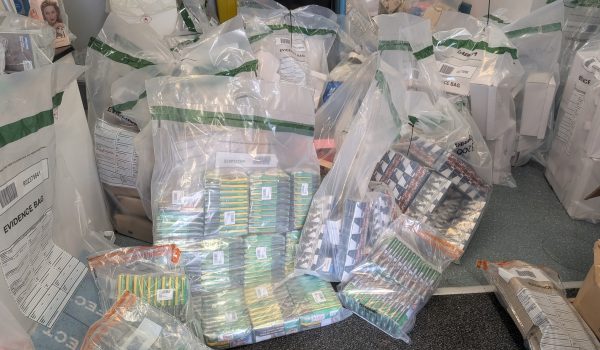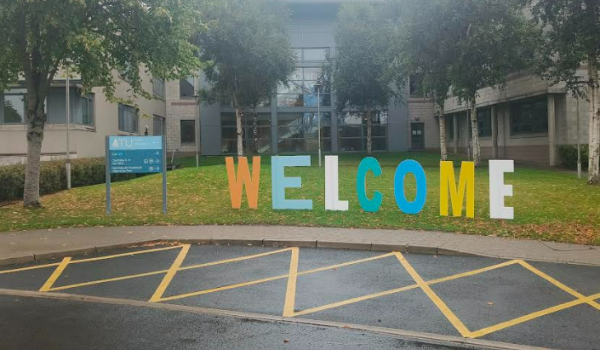
166 patients are being treated for flu in the West and North West region today, leaving health services under significant pressure.
The HSE is asking the public to help reduce the spread of flu by adhering to visiting restrictions and infection control measures which have been introduced.
Face masks are now mandatory in all emergency departments in the North West, while they are encouraged in all other areas of the hospital and across all residential facilities.
It’s in a bid to protect patients and staff.
Visitors are also asked to wash their hands and use hand gel regularly.
At Letterkenny University Hospital, those with symptoms of cold, flu, COVID-19, or any viral illness are told not to visit loved ones in hospital.
This includes a high temperature, aches and pains, headaches, a sore throat or a cough.
Visits must be postponed until 48 hours after symptoms have cleared.
Finally, those seeking non-emergent treatment are urged to seek alternative pathways of care such as the out of hours GP and the pharmacy.
Anyone with breathing difficulties or chest pains should attend the emergency department for treatment.
Statement in full:
HSE is urging the public to help control the spread of flu
02 January 2025
Health services across the West and North West remain under significant pressure with very high rates of flu, we are treating 166 patients with flu across the region today. We are asking the public to please help to control the spread of flu within our communities and our health services by co-operating with visiting restrictions and infection control measures which have been introduced.
For all hospitals across the West and North West face masks are now mandatory in the Emergency Department. Everyone attending the ED must wear a face mask for the duration of their stay and these are widely available throughout the hospital.
In all other areas of the hospital and across all residential facilities we are urging visitors to please wear a face mask to protect themselves and our patients and staff from the risk of infection. Please be vigilant and wash your hands and use hand gel regularly.
As a necessary infection control measure some hospitals in the West and North West have introduced visiting restrictions. We regret the impact these restrictions will have on patients and their families, especially at this time of year but we need to do everything we can to control the spread of infection. These restrictions are temporary and subject to change based on daily activity levels so please check HSE.ie for information about visiting in your local hospital.
Symptoms of flu include a high temperature, aches and pains, headache, sore throat or cough. If you have any of these symptoms please do not visit a loved one in the hospital. You must postpone your visit until at least 48 hours after your symptoms have cleared, this will reduce the risk of spreading infection to people who are sick and vulnerable.
For mild illness or non-urgent conditions there are a number of treatment options open to you depending on your illness – being prepared and knowing where to go will mean that you will get treated more quickly and will ease pressures on the healthcare system. Your local out of hours GP service and pharmacies are open this weekend for expert advice and treatment.
Anyone with breathing difficulties or chest pain should attend the emergency department for treatment or call 112/999 in an emergency, and patients with non-life-threatening conditions should seek healthcare in the community. As always, we treat our sickest patients first, which means that patients who attend the ED for routine and non-urgent treatment will experience very long waiting times.
People should check the HSE website for useful advice on common illnesses such as colds, coughs, flu, earache and sore throats and keeping well.
Keeping up to date with your vaccines is the most important thing you can do to avoid serious illness from flu and COVID-19. Visit hse.ie, call HSELive on 1800 700 700 or talk to a participating GP or pharmacist to get a vaccine.
The HSE is urging every eligible person to get vaccinated against flu and COVID as soon as possible, both the public and health care staff. The vaccines can stop infection, severe illness and prevent transmission to vulnerable people.





